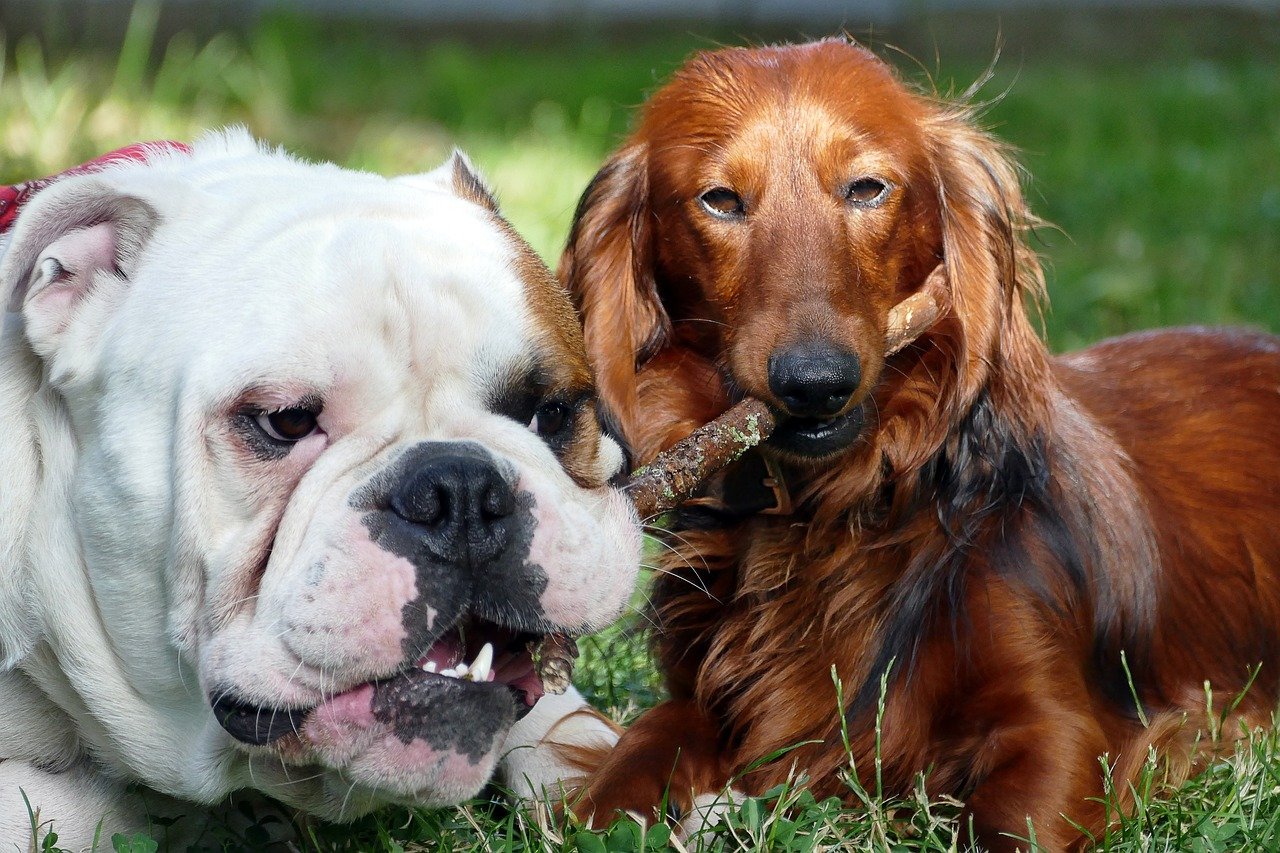Have you ever looked into your dachshund’s soulful eyes and wondered what truly makes them feel at home? Dachshunds, with their sausage-shaped bodies and big personalities, have a unique way of expressing love—and trust. But did you know that even small changes in routine can either bring them comfort or send them into a spiral of anxiety? Let’s take a delightful journey into the quirky world of dachshunds and discover which daily habits make them feel on top of the world, as well as a few missteps that can accidentally break their trust. Ready to find out if your wiener dog thinks you’re the best thing since sliced bread—or if you owe them an extra belly rub?
Consistent Meal Times: The Bedrock of Dachshund Happiness
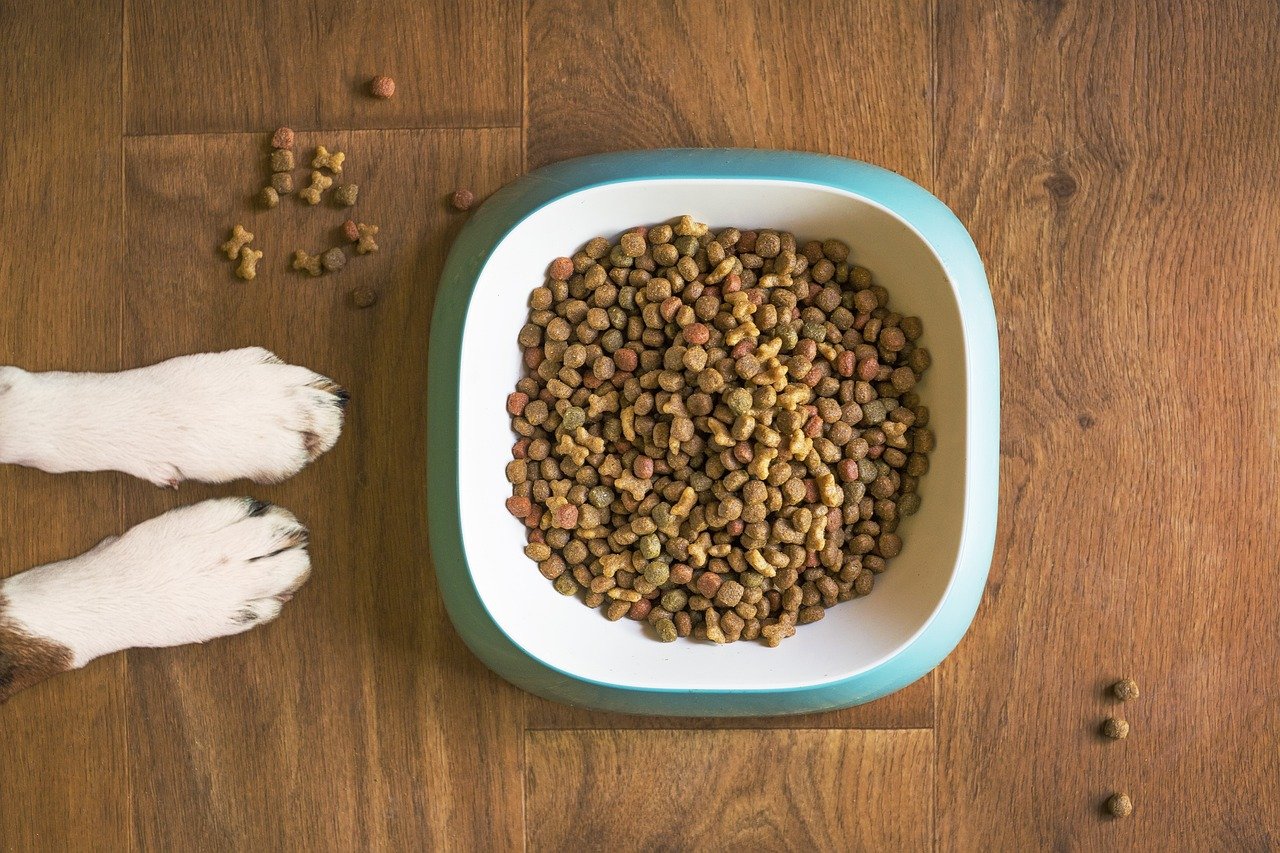
Dachshunds thrive on predictability, especially when it comes to food. Setting regular meal times helps your pup feel secure, as it reassures them that their needs will always be met. Imagine being surprised about when your next meal will happen—unsettling, right? For a dachshund, a late breakfast can feel like the end of the world. By feeding them at the same times each day, you help reduce anxiety and create a comforting routine. This predictability also helps with digestion and training. Plus, the excitement in their wagging tail when they know it’s mealtime is simply adorable. Keeping treats and snacks as occasional surprises, rather than meal replacements, will also keep their trust in you strong.
Morning Greetings: Starting the Day With Love
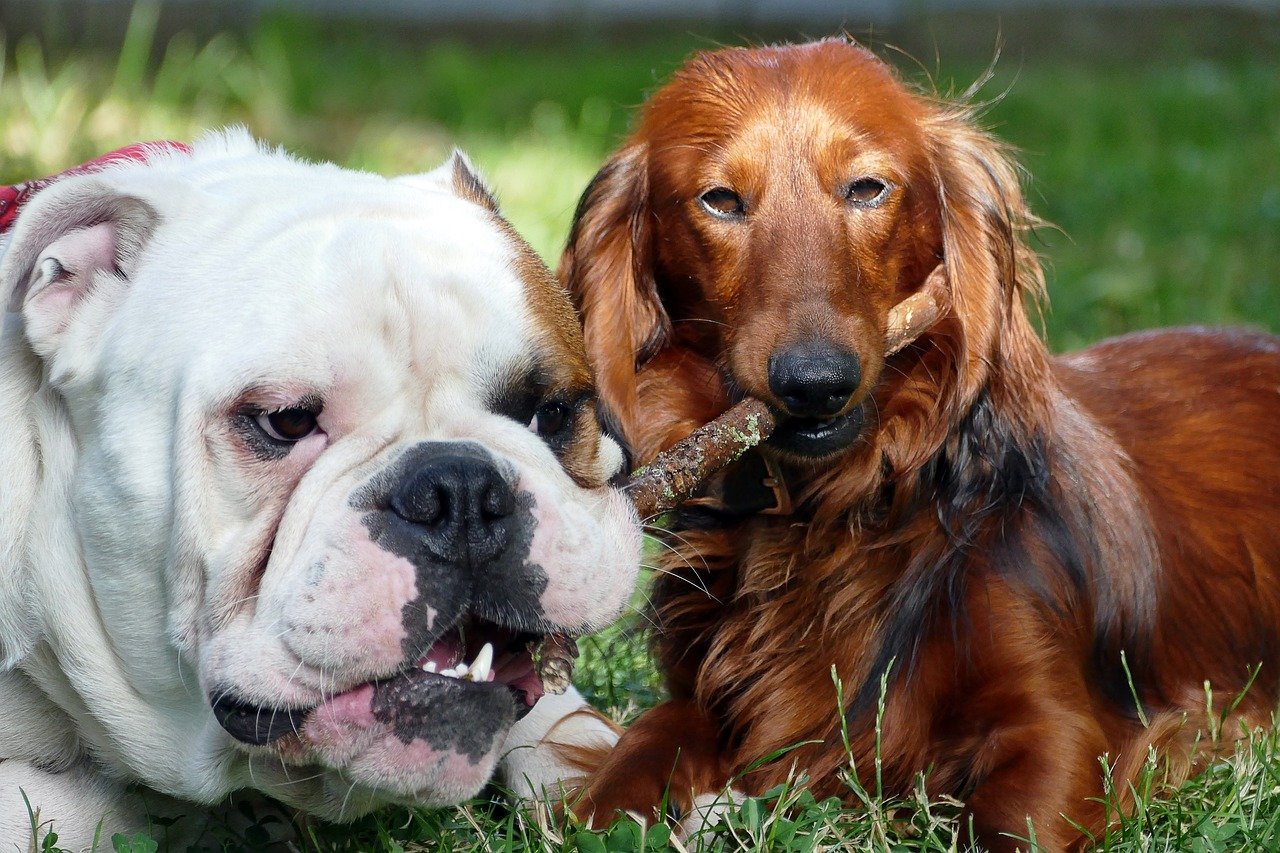
A simple “good morning” and gentle petting can set the tone for your dachshund’s entire day. These affectionate rituals show your pup that you’re there for them, making them feel acknowledged and loved right from the start. Dachshunds are highly sensitive to their humans’ moods and routines. Skipping your morning cuddle or greeting can leave them feeling ignored or anxious. Try incorporating a special phrase or a belly rub every morning. Over time, your dachshund will look forward to this ritual, knowing they’re your top priority as soon as you wake up. It’s a small gesture, but it goes a long way in building trust and security.
Daily Walks: Exploring the World Together

Dachshunds are curious little adventurers, and daily walks are more than just exercise—they’re about bonding and discovery. Taking your dachshund for a walk at roughly the same times each day provides physical activity and mental stimulation. If you vary the route occasionally, it adds excitement, but the regularity of the walk itself is what builds their sense of security. Walks also help prevent boredom and destructive behaviors. When you skip walks or are inconsistent, your dachshund might start to feel neglected or even develop behavioral issues. Imagine missing your favorite part of the day—it wouldn’t feel good! So, leash up and hit the sidewalk, letting your dachshund sniff to their heart’s content.
Structured Playtime: The Joy of Routine Fun
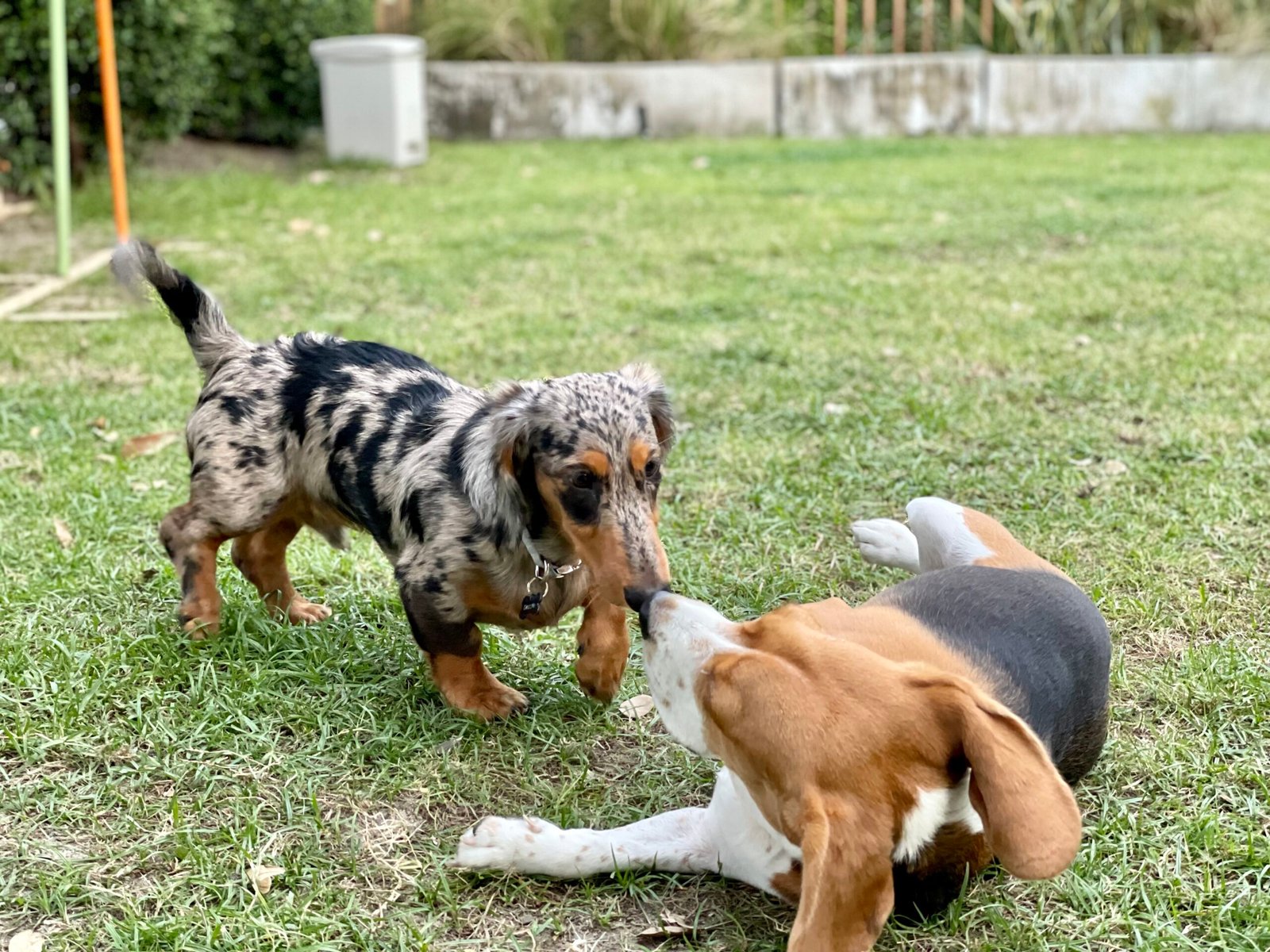
Playtime is serious business for dachshunds. Setting aside a specific time each day for games of fetch, tug-of-war, or hide-and-seek reassures your pup that there’s always time for fun. Play helps release pent-up energy and strengthens your bond. If you suddenly stop playing or change the routines, your dachshund may feel confused or worried. Consistent play reinforces their trust in you and gives them a healthy outlet for their boundless energy. Whether it’s a favorite squeaky toy or a well-loved tennis ball, the anticipation of playtime is often the highlight of your dachshund’s day. Don’t be surprised if they remind you with a nudge when it’s time to play!
Bedtime Rituals: Snuggle Time for Sweet Dreams
Dachshunds love a cozy, predictable bedtime routine. Whether it’s a cuddle session, a gentle brushing, or a calming treat before bed, these rituals signal safety and comfort. Dogs, like children, find solace in knowing what comes next. By establishing a bedtime routine—turning down the lights, offering a soft blanket, and saying goodnight—you help your dachshund wind down and feel secure. Sudden changes, like staying up late or moving their sleeping spot, can leave them unsettled. A familiar bedtime ritual is a warm invitation to dreamland, and your dachshund will rest easier knowing you’re nearby.
Praise and Positive Reinforcement: Confidence Boosters

Dachshunds are eager to please, and nothing builds their confidence faster than positive reinforcement. Lavishing praise, treats, or extra cuddles when they follow commands or behave well assures them they’re doing the right thing. Consistent encouragement fosters trust and motivates them to keep learning. Avoiding harsh corrections or inconsistency is key—otherwise, your dachshund may become confused or anxious. Think of positive reinforcement as planting seeds of trust that will blossom over time. Whether it’s a simple “good job!” or an enthusiastic clap, your dachshund will feel proud and secure knowing they’re loved for who they are.
Quiet Time Together: The Power of Presence

Sometimes, the best way to make your dachshund feel secure is simply by being there. Sharing quiet moments—whether reading, watching TV, or lounging on the couch—lets your pup know they’re part of your world. Dachshunds are incredibly social and can get lonely or anxious if left alone for too long. Including them in your daily downtime builds a sense of belonging and reduces separation anxiety. Even if you’re busy, a gentle pat or a soft word can remind your dachshund that they’re not forgotten. Your calm presence brings them comfort, acting like a reassuring anchor in their day.
Grooming Routines: A Touch of Care
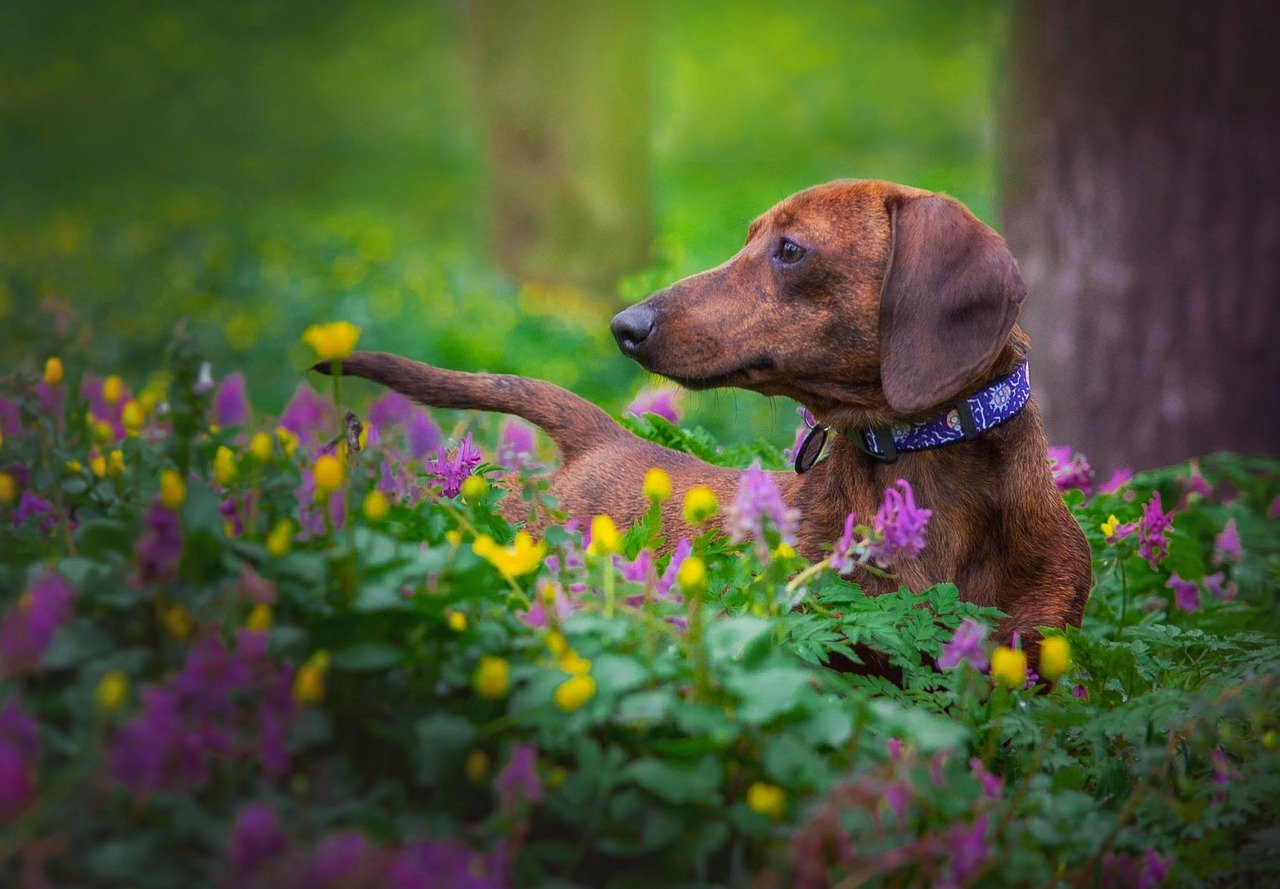
Regular grooming—brushing, nail trims, and ear cleaning—offers more than just hygiene for your dachshund. These moments of gentle touch are acts of care and bonding. Establishing a familiar grooming routine helps your dachshund relax, knowing what to expect. Rushing through grooming or handling them roughly can damage their trust. Instead, make it a gentle, positive experience, perhaps with treats or soothing words. Over time, your dachshund will associate grooming with love and safety. Plus, a well-groomed pup is a happy pup, strutting with confidence and pride!
Safe Spaces: Their Own Little Sanctuary
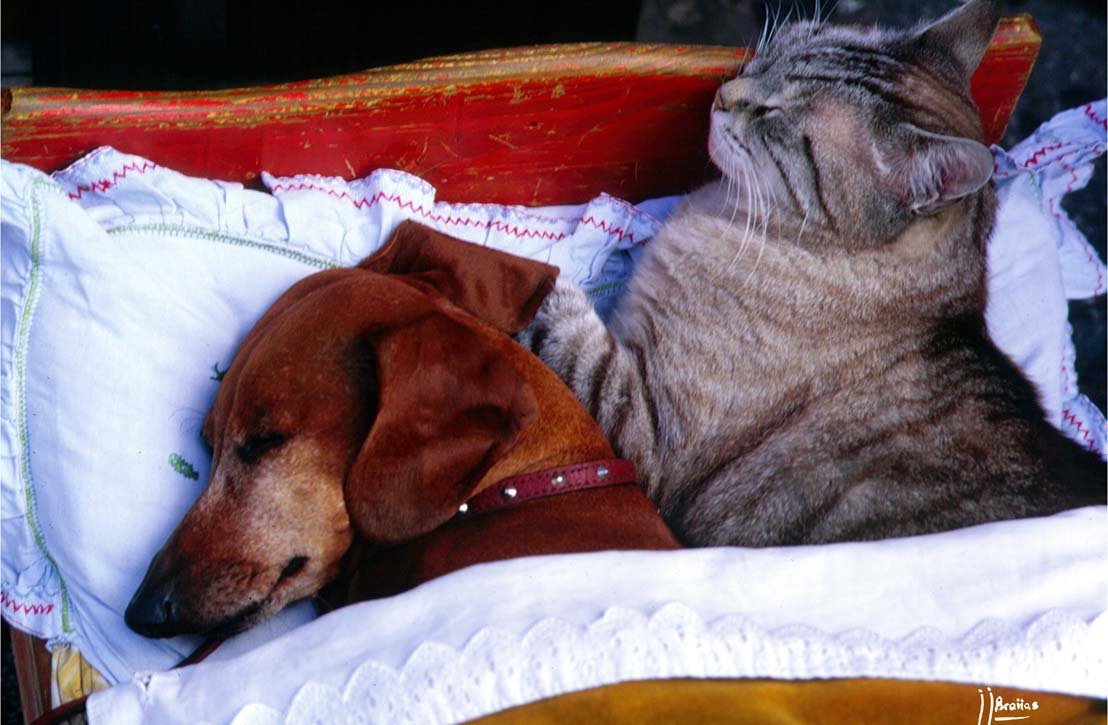
Dachshunds love having a place to call their own—a soft bed, cozy crate, or a favorite corner. Providing a dedicated safe space gives your dachshund a retreat when they feel overwhelmed or just want to relax. This sense of ownership and predictability is incredibly reassuring. If their space is suddenly moved or invaded, they can become anxious or insecure. Keep their area clean, comfortable, and stocked with beloved toys or blankets. When your dachshund knows they have a safe spot to unwind, their confidence in you as their guardian grows even stronger.
Family Inclusion: Feeling Like Part of the Pack
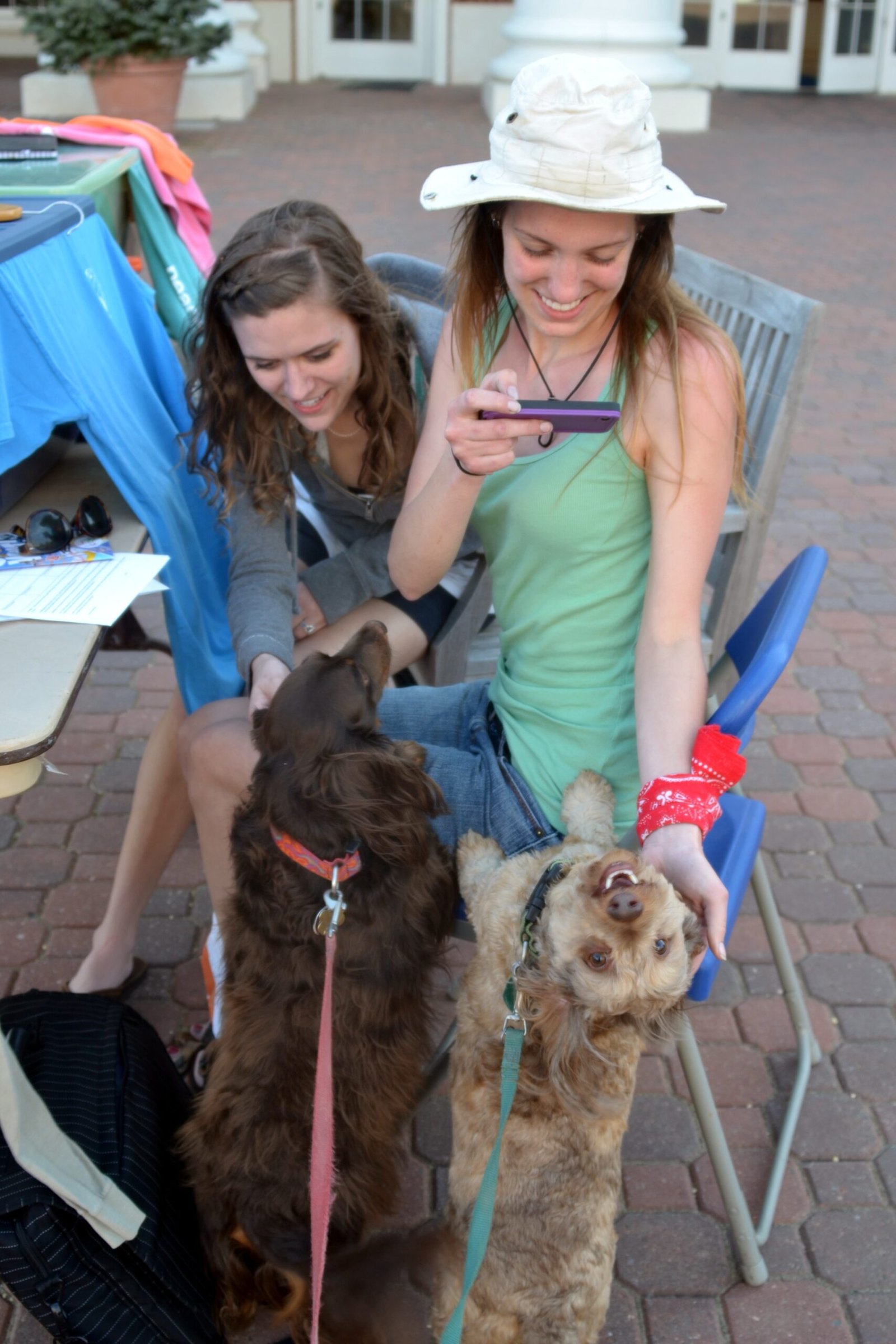
Dachshunds are pack animals at heart, and feeling included in family activities is essential for their happiness. Whether it’s dinner time, movie night, or a backyard barbecue, inviting your dachshund to participate strengthens your bond. Ignoring or excluding them can lead to feelings of isolation or jealousy. Simple gestures—like letting them sit nearby during meals or involving them in group activities—make them feel valued. When your dachshund senses they’re an important member of the family, their trust in you flourishes. A little inclusion goes a long way for these loyal companions.
Skipping Walks: A Recipe for Restlessness
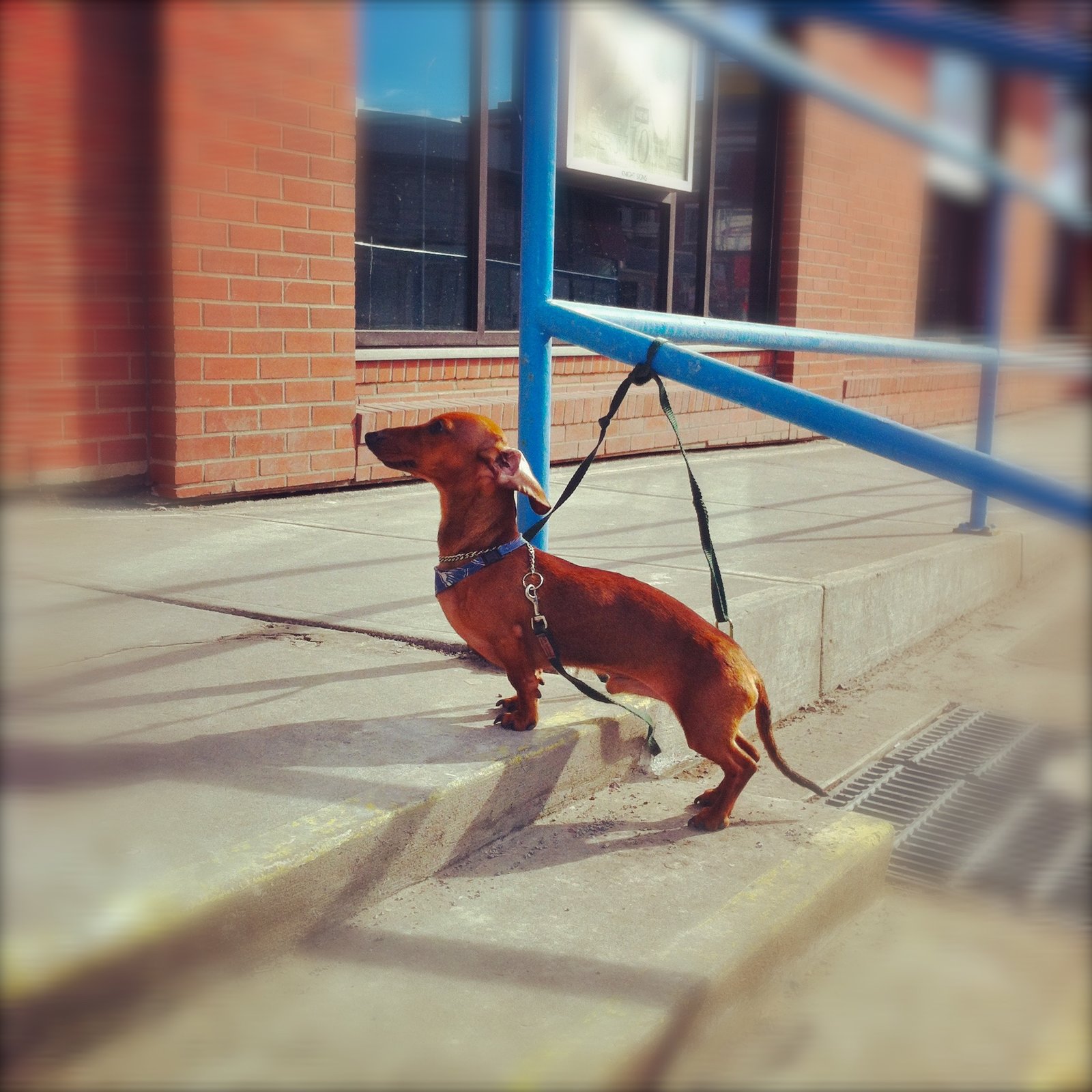
For dachshunds, missing a daily walk is more than just a change in routine—it’s a major disappointment. Walks provide exercise, mental stimulation, and a chance to bond. When walks are skipped or forgotten, your dachshund may become restless or even destructive out of boredom. Over time, this inconsistency can chip away at their trust in you. They might begin to wonder if they can rely on you for their needs. If circumstances force you to miss a walk, try to make up for it with extra playtime or affection, so your dachshund knows you still care.
Sudden Changes in Schedule: Unsettling Surprises

Dachshunds love predictability, and abrupt changes in daily routines can make them anxious or insecure. Whether it’s a missed meal, an unexpected visitor, or a change in your work hours, these surprises can throw your dachshund off balance. They may react with nervousness, clinginess, or even sulking. To keep their trust, try to maintain a consistent schedule and introduce changes gradually when possible. Communicate with your dachshund through extra reassurance or treats when life’s unpredictability can’t be avoided. Even small gestures can help them adjust and feel safe.
Ignoring Affection: The Silent Trust Breaker
Dachshunds crave attention and affection from their humans. Ignoring their requests for cuddles, belly rubs, or playtime can be hurtful and confusing. Over time, this neglect can lead to feelings of rejection or detachment, making it harder for your dachshund to trust you. Remember, even a brief moment of affection can mean the world to your pup. If you’re busy or stressed, try to set aside a few minutes just for them. A little love goes a long way, and your dachshund will reward you with unwavering loyalty.
Rough Handling: A Fast Track to Fear
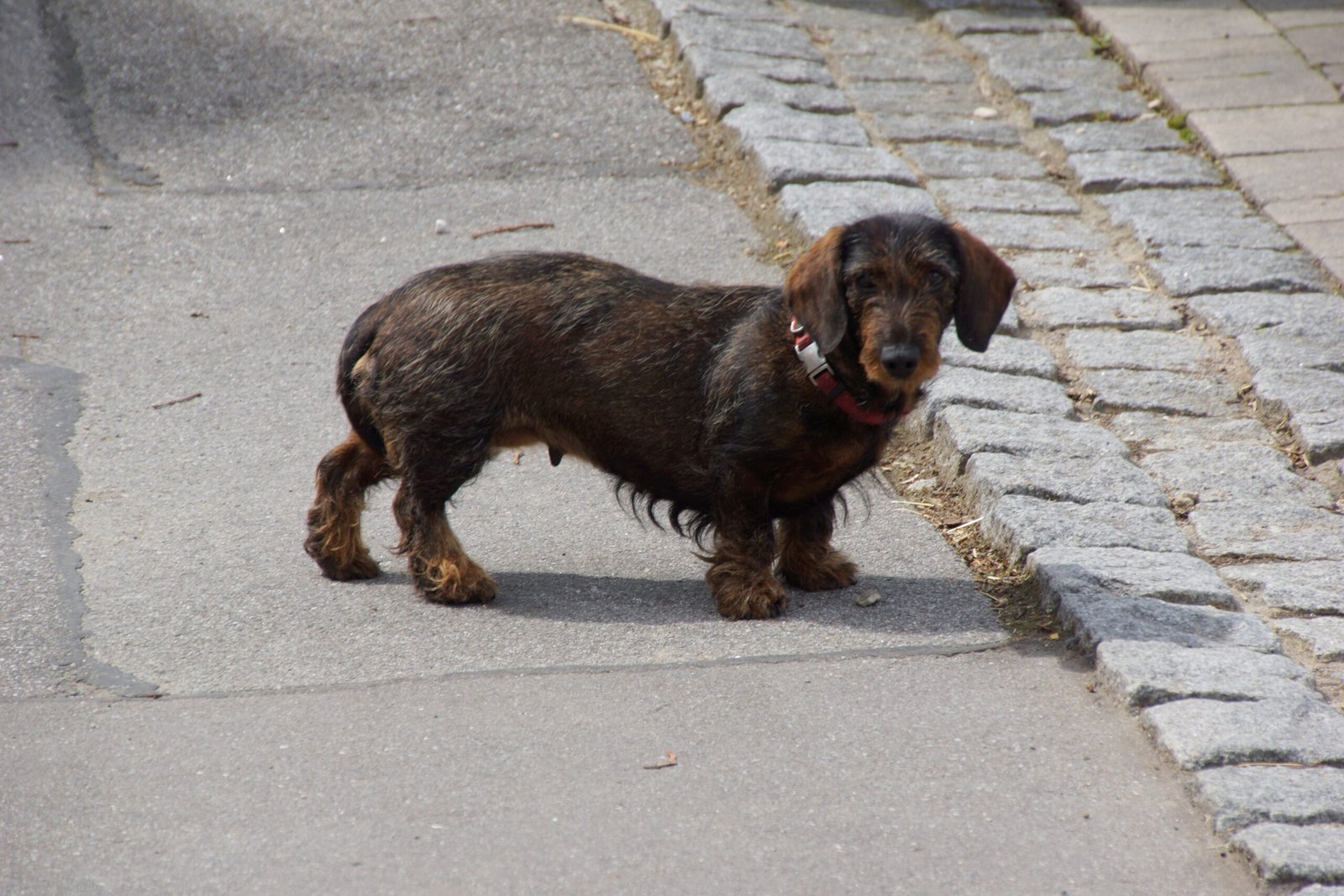
Dachshunds may be sturdy, but they’re also sensitive. Handling them too roughly—whether during play, grooming, or discipline—can quickly shatter their trust. They may become fearful or anxious, associating your touch with discomfort or pain. Always use gentle, reassuring motions and avoid harsh corrections. If your dachshund is acting out, try to address the root cause with patience and understanding. Trust is built on kindness, and heavy-handedness can undo months of loving care in just a moment.
Leaving Them Alone for Too Long: Loneliness Hurts
Dachshunds are known for their loyalty and attachment to their humans. Leaving them alone for extended periods can cause separation anxiety and erode their sense of security. Over time, they may develop destructive behaviors or become withdrawn. If you must be away, consider arranging for a trusted pet sitter or providing interactive toys to keep them occupied. Regularly leaving your dachshund alone without preparation can make them feel abandoned, breaking the trust they have in you. They’re happiest when they know you’ll always return.
Inconsistent Rules: Confusing Boundaries
One day the couch is off-limits, the next day it’s not—confusing, right? Inconsistent rules and boundaries can leave your dachshund unsure of what’s expected. This uncertainty can cause anxiety and diminish their trust in your leadership. Stick to clear, consistent guidelines for behavior and rewards. If you need to make changes, do so gradually and with plenty of positive reinforcement. Dachshunds are smart and eager to please, but they need to know the rules to feel secure in your home.
Scolding After the Fact: Mixed Messages
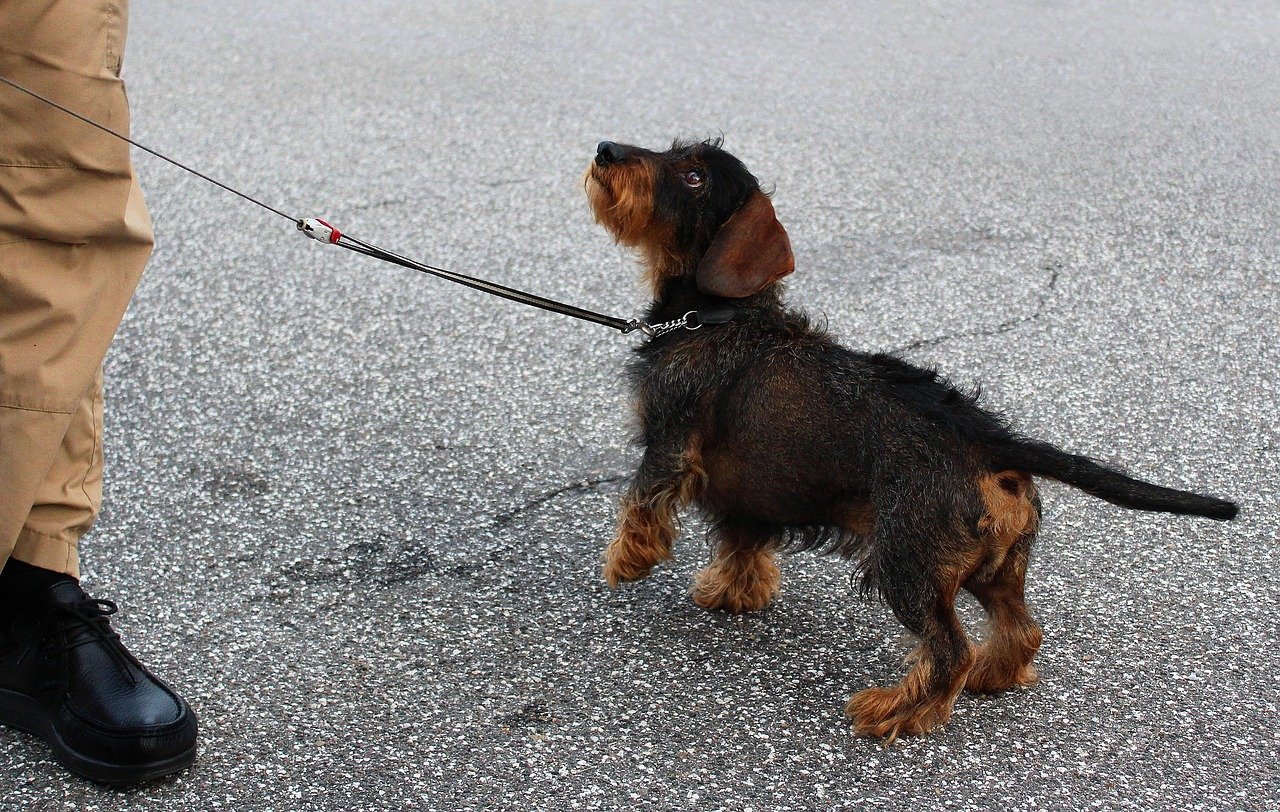
Dachshunds live in the moment, and scolding them for something they did hours ago is both confusing and unfair. They can’t connect the punishment to the action, leading to fear or mistrust. Instead, focus on rewarding good behavior as it happens and gently redirecting unwanted actions in the moment. If your dachshund makes a mistake, remember that patience and understanding build trust faster than frustration. Over time, your dachshund will learn what’s expected, and your bond will grow even stronger.
Neglecting Health Needs: The Ultimate Betrayal
Regular vet visits, vaccinations, and preventative care are non-negotiable for your dachshund’s well-being. Neglecting their health needs—skipping checkups, ignoring symptoms, or forgetting medications—can lead to illness and erode their trust in you as their protector. Keeping your dachshund healthy shows them that you care deeply about their happiness and safety. Routine healthcare is a silent promise that you’ll always look out for them, no matter what. When your dachshund feels cared for, their trust in you is unbreakable.
Unfamiliar Environments Without Support: Overwhelming Stress

Dachshunds can feel overwhelmed in new places or around unfamiliar people and animals. Throwing them into these situations without support can be frightening and damage their trust. Whenever possible, introduce new environments gradually and stay close to offer reassurance. Bring along familiar toys or blankets to give them a sense of comfort. Your encouragement and calm presence will help your dachshund adapt and feel safe, even in the most surprising situations. Trust is built by guiding them gently through the unknown.
Conclusion
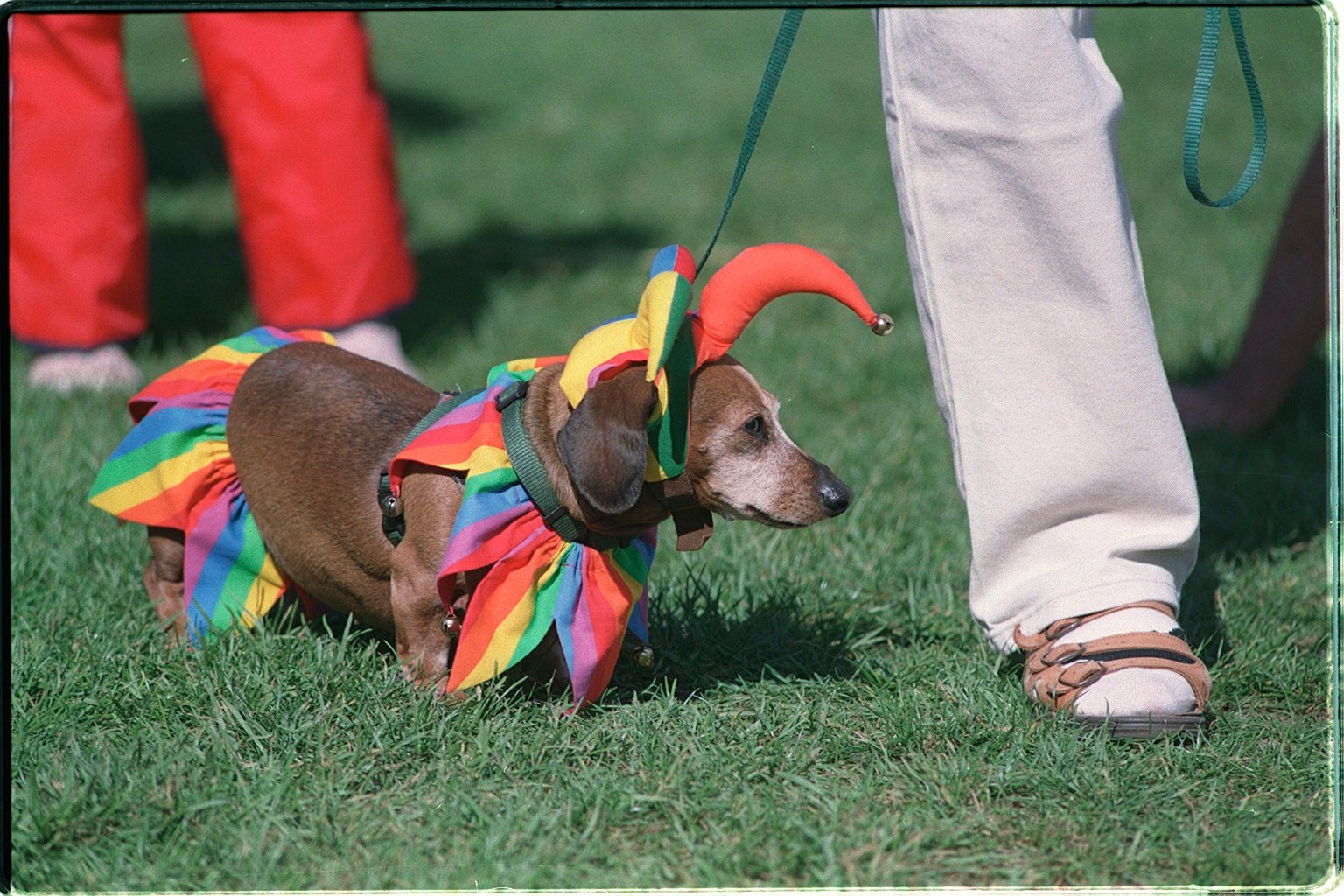
Dachshunds are creatures of habit, thriving on routines that make them feel loved and secure. By embracing daily rituals that bring comfort and avoiding missteps that break trust, you can ensure your dachshund feels safe, happy, and cherished every day. Which of these routines do you already practice, and were you surprised by any of the trust-breakers on the list?
Jen is a passionate nature lover and ocean conservationist. She has dedicated her life to protecting the environment and preserving the beauty of the natural world. Growing up in a small coastal town, Jen sincerely appreciated the ocean and its inhabitants. She has spent countless hours exploring the shoreline, learning about the creatures that inhabit the waters, and advocating for their protection. Jen is an active member of ocean conservation organizations, and she is committed to educating the public about the importance of conserving wildlife and the natural environment.

